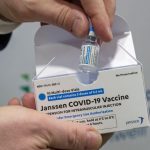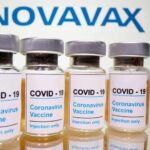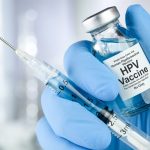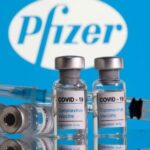Is a Vaccine a Drug?
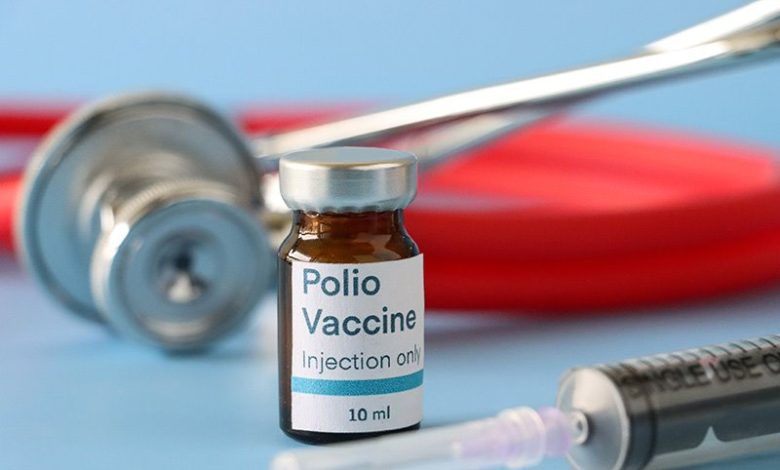
Vaccines and drugs are both crucial tools in the field of medicine. They play pivotal roles in disease prevention, treatment, and management, but they serve different purposes and have distinct characteristics. While vaccines and drugs are often discussed in the same context, it’s important to understand the fundamental differences and similarities between the two.
This article aims to delve into the definitions, functions, development, and regulatory aspects of vaccines and drugs to provide a comprehensive perspective on the question: Is a vaccine a drug?
What is a Drug?
To address the question at hand, we must first establish what constitutes a drug. In the broadest sense, a drug is any substance, other than food, that is used to affect the structure or function of the body. Drugs can be classified into several categories, including pharmaceutical drugs, over-the-counter drugs, and recreational drugs.
Pharmaceutical Drugs: Pharmaceutical drugs are substances specifically formulated for therapeutic purposes. They can be further categorized into prescription drugs and over-the-counter (OTC) drugs. Prescription drugs require a healthcare provider’s prescription, whereas OTC drugs are available for purchase without a prescription.
Recreational Drugs: Recreational drugs are substances used for non-medical purposes, typically to alter one’s mental or physical state. Examples include alcohol, marijuana, and various illicit drugs.
Is a Vaccine a Drug?
By definition, vaccines fall under the category of pharmaceutical drugs. They are carefully developed to prevent or treat specific diseases. However, vaccines have unique characteristics that set them apart from traditional drugs.
The Special Role of Vaccines
Vaccines are indeed a type of drug, but they are distinguishable in several key ways:
1. Preventive Rather than Curative: One of the fundamental distinctions between vaccines and most pharmaceutical drugs is their primary purpose. Traditional drugs are primarily curative or therapeutic, aiming to treat or manage existing medical conditions. Vaccines, on the other hand, are predominantly preventive. They are administered to individuals who are not currently afflicted by the targeted disease but are at risk of contracting it in the future.
2. Activation of the Immune System: Vaccines work by stimulating the body’s immune system to develop immunity against a particular pathogen, such as a virus or bacteria. This is in contrast to most drugs, which target specific symptoms or causes of diseases without necessarily involving the immune system.
3. Community Health Focus: Vaccines often have a broader societal impact. They are not only administered for individual protection but also play a vital role in achieving herd immunity. This is when a significant portion of a population becomes immune to a disease, reducing its spread and protecting those who cannot be vaccinated, such as individuals with certain medical conditions or weakened immune systems.
4. Rigorous Testing and Safety Protocols: Vaccine development and approval involve rigorous testing, with a focus on safety and effectiveness. The safety profile of vaccines is closely monitored throughout their lifecycle, and post-marketing surveillance is an essential component of vaccine regulation.
Development and Regulation of Vaccines
The development and regulation of vaccines follow a specific process that distinguishes them from traditional drugs.
Vaccine Development:
Vaccine development typically consists of the following steps:
1. Exploratory Stage: Researchers identify a pathogen, such as a virus or bacteria, as a target for vaccine development. This is often prompted by the pathogen’s threat to public health.
2. Preclinical Stage: In the preclinical phase, vaccine candidates are tested in the laboratory and in animals to assess safety and efficacy.
3. Clinical Trials: If a vaccine candidate shows promise in preclinical testing, it advances to human clinical trials, which are conducted in multiple phases. These trials assess the vaccine’s safety and efficacy in increasingly larger groups of human participants.
4. Regulatory Approval: After successful clinical trials, regulatory agencies like the U.S. Food and Drug Administration (FDA) review the data to determine whether the vaccine is safe and effective for widespread use.
Vaccine Regulation
Vaccines are subject to stringent regulatory oversight, and their approval process differs from that of traditional drugs:
1. Preventive Nature: Regulatory agencies recognize that vaccines are administered to healthy individuals as a preventive measure. This influences the balance between safety and efficacy considerations during the approval process.
2. Post-Marketing Surveillance: Ongoing monitoring of vaccine safety is crucial. Adverse events, if any, are investigated, and safety protocols are continually updated.
3. Public Health Benefit: Regulatory decisions on vaccines take into account the broader public health benefit. The potential to control or eradicate infectious diseases through vaccination programs is a significant factor in regulatory assessments.
Vaccines and Drug Combinations
In some cases, vaccines and drugs may be used in combination to prevent or manage certain medical conditions. For example, individuals traveling to regions with a high risk of malaria may take antimalarial drugs in addition to receiving a vaccine against the disease. These combinations are designed to offer comprehensive protection against specific health threats.
Furthermore, in the ongoing fight against COVID-19, vaccines have played a vital role in preventing infection, while drugs like antivirals and monoclonal antibodies have been used to treat those who become ill with the disease.
Conclusion
In summary, vaccines are indeed a type of drug, falling under the broader category of pharmaceutical drugs. However, they possess unique characteristics and purposes that distinguish them from traditional drugs. Vaccines are primarily preventive, activate the immune system, and often have a profound impact on public health by promoting herd immunity. Their development and regulation involve specific processes tailored to their preventive nature. While vaccines and drugs both play essential roles in medicine, understanding their differences and similarities is crucial for informed healthcare decisions and public health policy.

